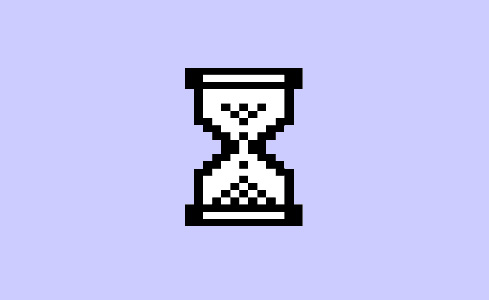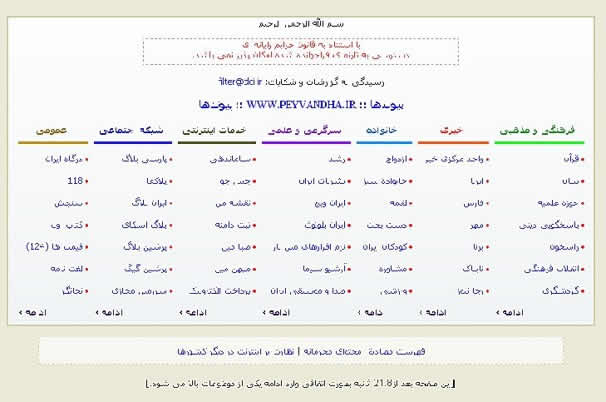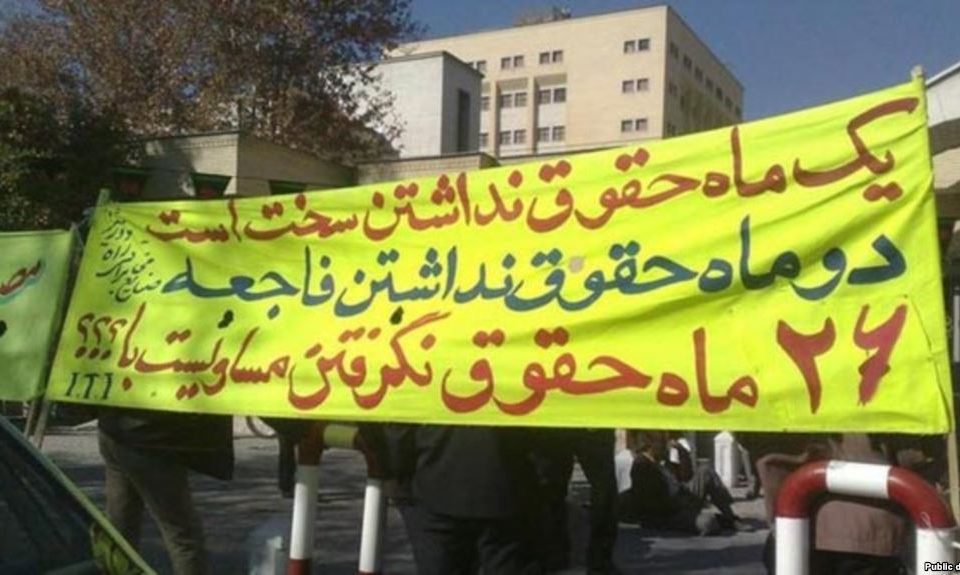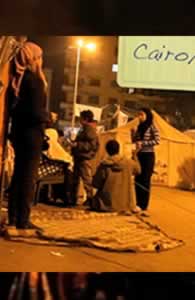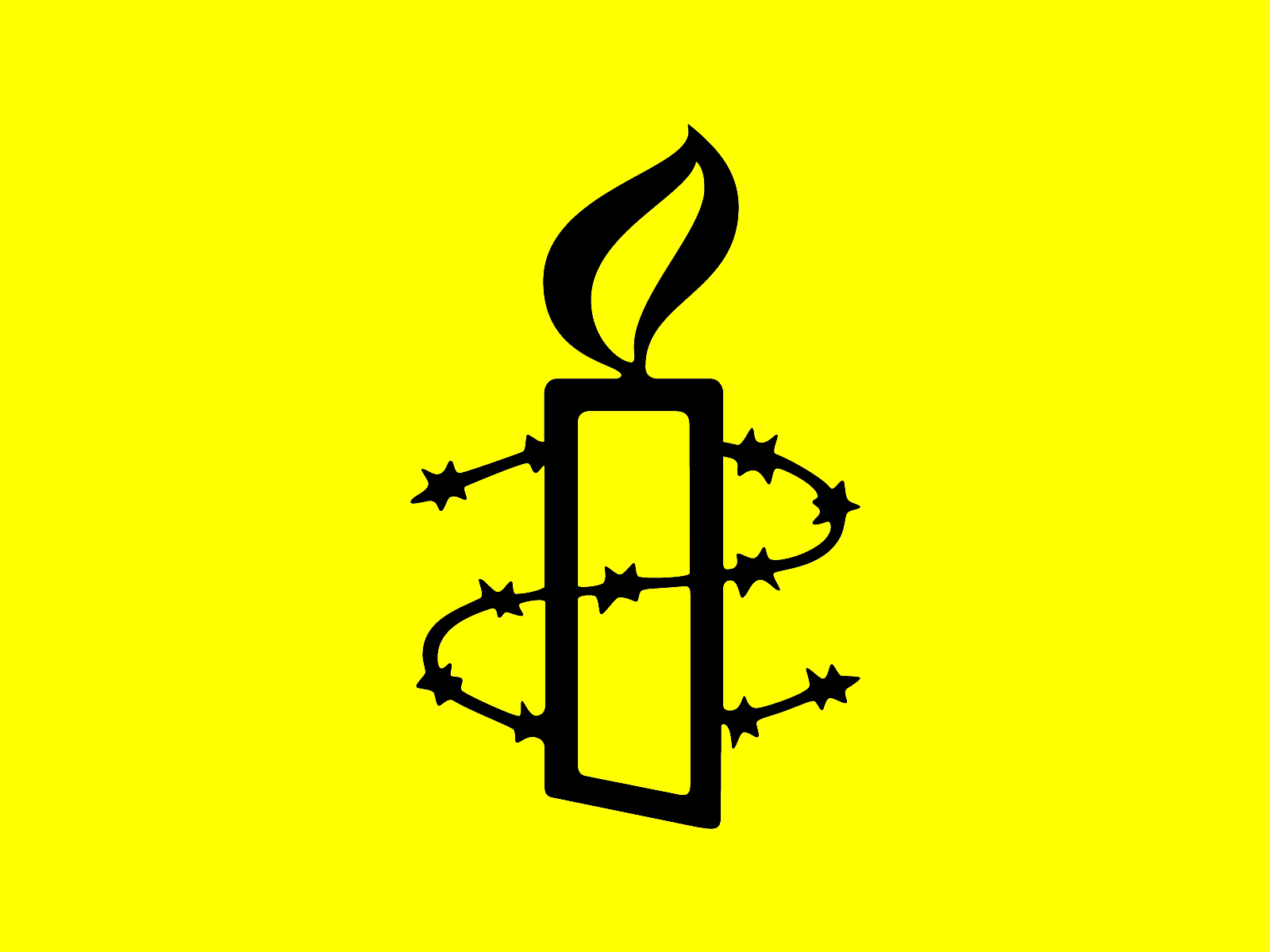ARSEH SEVOM — The anniversary of the fall of the Shah and the success of the revolution (February 11) is now marked by decreased internet connection speed, increased security, and fears of demonstrations in Iran.
In addition to decreased bandwidth, the Islamic Republic is in the process of creating a parallel cyber-world. Instead of spending time and energy filtering sites using a blacklist, the regime is creating a “whitelist” of acceptable sites. Everything is blocked except sites deemed appropriate by the regime. It’s a kind of “shoot first, ask questions later” policy. Instead of the “old” Orkut — an early social media site which was a hit in Iran before it was filtered — and the “new” Facebook, they offer websites such as www.cloob.com. Instead of Youtube (for video uploading) they offer www.aparat.com and instead of Google’s Blogspot they have www.Mihanblog.com. Even these sites can end up filtered at “sensitive” times, such as the days leading up to the anniversary of the revolution. In addition, content that does not meet their terms of use is quickly deleted from view.
State control does not always mean state approval. One example is Ghadimiha blog [in English: The Oldies] hosted on Mihanblog. The blog is an online magazine which posts interviews and photos of Iranian pre-revolutionary era artists remembering “the good old days.” The blog is now filtered for the sixth time in a row. The owner manages to reinstate his blog each time by tweaking its name. A fan’s comment under the latest post on the ‘sixth Ghadimiha’ reads: “God damn these people who cannot tolerate even [such] a benign website…please carry on, we will keep on supporting you in what you do.”
Washington Post reporter, Thomas Erdbrink, who lives in Iran has been reporting on the new national internet, which he describes as a kind of office intranet:
Having seen social media help power uprisings across the Middle East, Iran’s leaders are trying to get control over what is uploaded, posted and discussed on the Internet. And after a slow start, authorities are becoming more and more successful, Iranian Internet users say.
(You can read more about Erdbrink’s experiences with the internet in Iran on the Washington Posts’ blog.)
Choking bandwidth or filtering sites in Iran is not a new strategy. It’s been going on for years. What is new, is the impression that the state’s control on the flow of information is getting stronger. It seems the hackers are now working to develop the Islamic Republic’s parallel cyber Iran.


